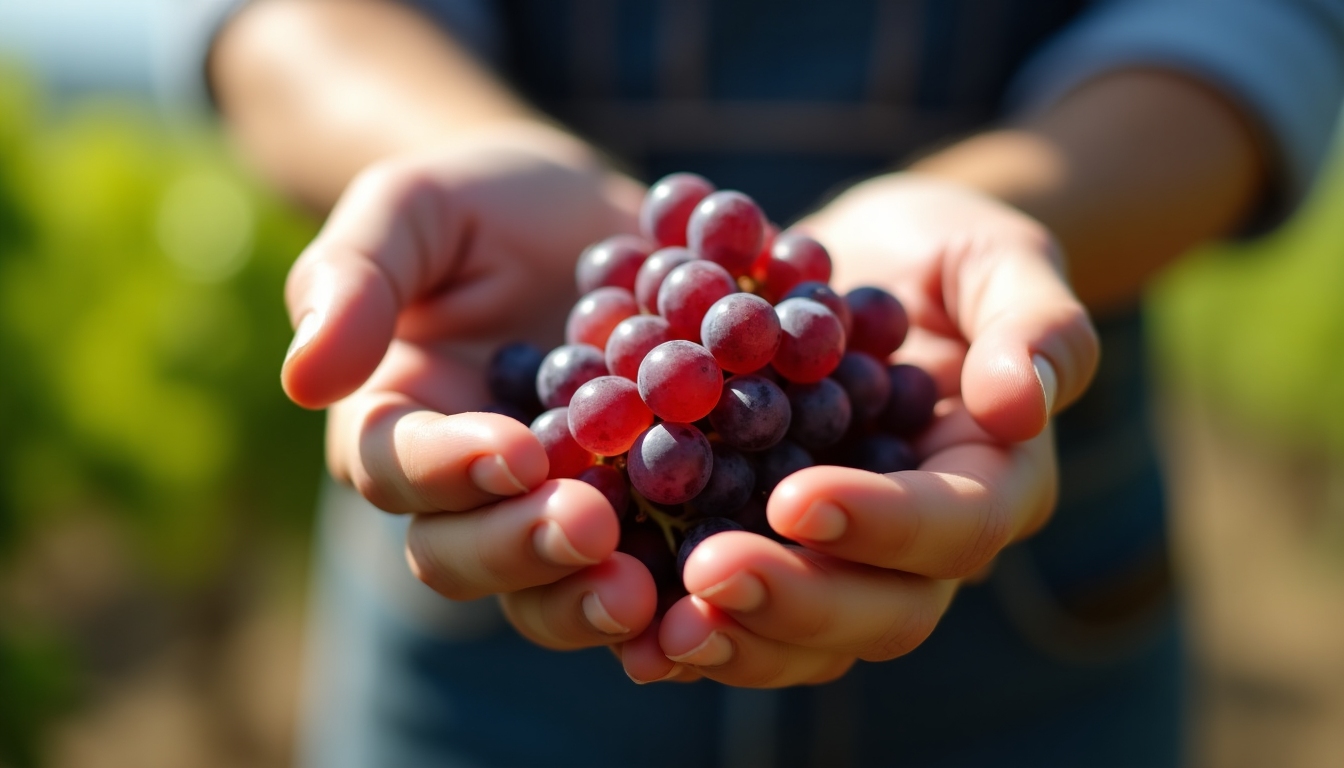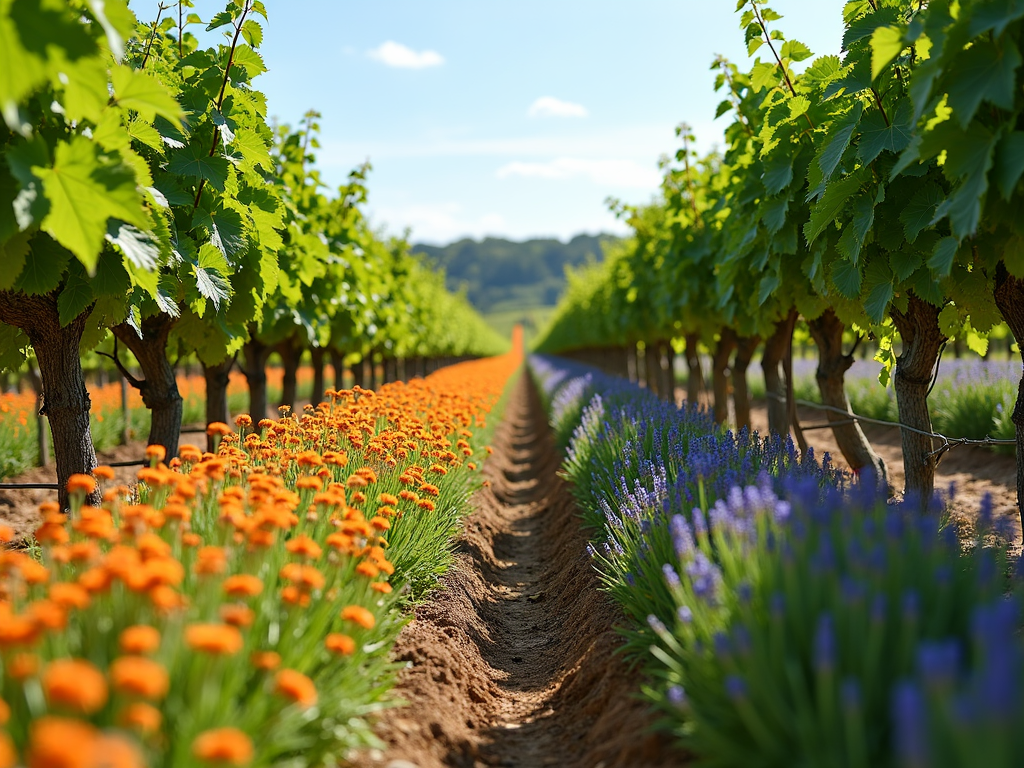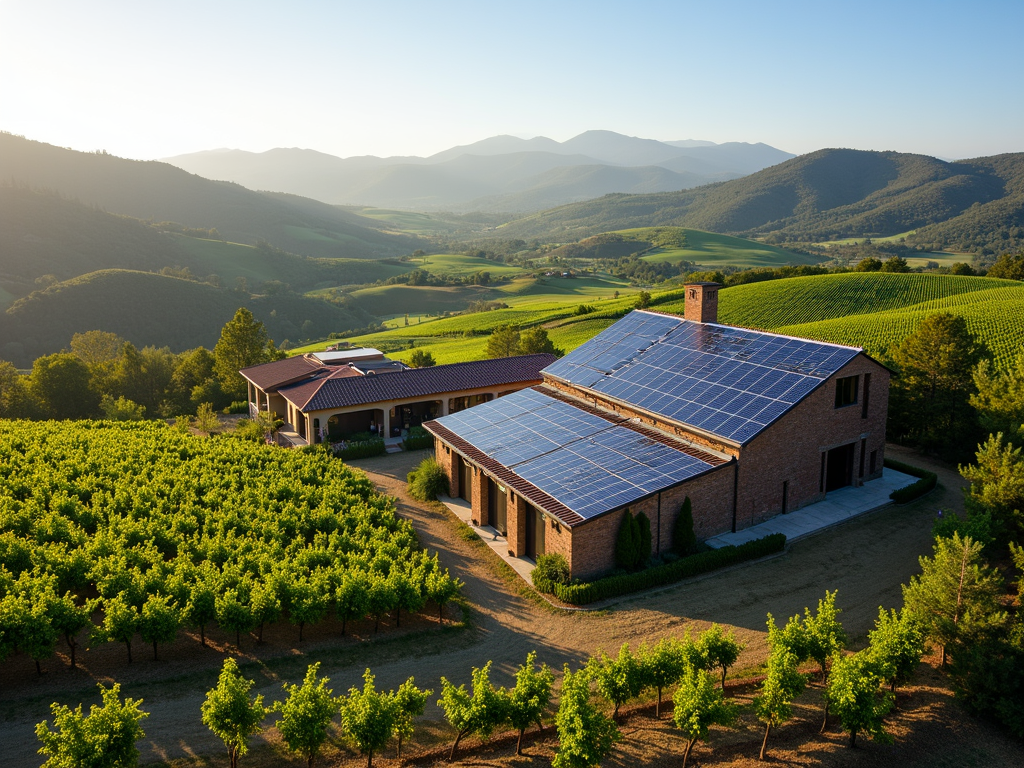Sustainability in Winemaking Explained: A Deep Dive into Jackson Family Wines’ Organic Vineyards
Overview
Sustainability in winemaking is more than just a trend—it’s a commitment to producing wine in a way that respects the environment, supports communities, and ensures the longevity of vineyards for future generations. At its core, sustainable winemaking involves practices that minimize environmental impact, promote biodiversity, and maintain the health of the soil and ecosystem. Jackson Family Wines, a leader in the wine industry, exemplifies this commitment through their dedication to organic vineyards and eco-friendly practices. This article explores what sustainability in winemaking truly means, how Jackson Family Wines is paving the way, and why it matters for both the planet and wine lovers alike.

What is Sustainability in Winemaking?
Sustainability in winemaking refers to a holistic approach that considers the environmental, social, and economic impacts of wine production. It’s about making choices that protect the planet while producing high-quality wine. Key practices include:
- Organic Farming: Avoiding synthetic pesticides and fertilizers to promote soil health and biodiversity.
- Water Conservation: Implementing efficient irrigation systems to reduce water usage.
- Energy Efficiency: Using renewable energy sources like solar power to minimize carbon footprints.
- Biodiversity: Planting cover crops and maintaining natural habitats to support local wildlife.
These practices not only benefit the environment but also enhance the quality of the wine by fostering healthier vines and grapes.
Jackson Family Wines: A Leader in Sustainable Winemaking
Jackson Family Wines has long been at the forefront of sustainability in the wine industry. With a portfolio of renowned wine brands, the family-owned company is committed to producing exceptional wines while protecting the land for future generations. Their dedication is evident in their organic vineyards, where grapes are grown without synthetic chemicals, allowing the natural characteristics of the terroir to shine through in every bottle.
“At Jackson Family Wines, sustainability isn’t just a buzzword—it’s a way of life,” says winemaker Sarah Thompson. “We believe that by caring for the land, we’re not only producing better wine but also ensuring that our vineyards will thrive for years to come.”

The Benefits of Organic Vineyards
Organic vineyards, like those managed by Jackson Family Wines, offer numerous benefits:
- Healthier Soil: Organic farming practices, such as using compost and cover crops, improve soil fertility and structure.
- Biodiversity: By avoiding synthetic chemicals, organic vineyards support a wider range of plant and animal life, creating a balanced ecosystem.
- Better Wine Quality: Many believe that organic grapes produce wines with more authentic flavors, as the grapes are allowed to express their natural characteristics without interference from artificial inputs.
- Environmental Protection: Organic farming reduces pollution and conserves water, helping to protect local ecosystems.
Challenges and Rewards of Sustainable Winemaking
While sustainable winemaking offers many benefits, it also comes with challenges. For instance, organic farming can be more labor-intensive and may require more time and resources to manage pests and diseases naturally. However, the rewards are worth it. “Seeing the vineyard thrive year after year, knowing that we’re doing our part to protect the environment, is incredibly fulfilling,” shares Thompson. “And when you taste the wine, you can really sense the difference—it’s like the land is speaking through the glass.”

How Sustainable Practices Impact the Wine Industry
The wine industry as a whole is increasingly embracing sustainability, driven by both consumer demand and the need to address climate change. Wineries like Jackson Family Wines are setting an example by proving that sustainable practices can be both environmentally and economically viable. Their success demonstrates that sustainability and profitability can go hand in hand, encouraging other wineries to follow suit.
A Personal Perspective on Sustainable Winemaking
As someone who has visited numerous vineyards, I can attest to the difference that sustainable practices make. Walking through an organic vineyard, you can feel the vitality of the land—the air is fresher, the soil is richer, and the vines seem more vibrant. It’s a reminder that wine is not just a product; it’s a reflection of the land and the people who care for it. Jackson Family Wines’ commitment to sustainability is not just about producing great wine; it’s about preserving a legacy for future generations.

Summary
Sustainability in winemaking is essential for the future of the wine industry and the planet. By adopting practices like organic farming, water conservation, and renewable energy, wineries like Jackson Family Wines are leading the way in producing high-quality wine while protecting the environment. Their commitment to sustainability not only benefits the land but also enhances the wine, offering consumers a product that is both delicious and responsibly made. As more wineries embrace these practices, the wine industry can continue to thrive while safeguarding the natural resources that make it possible.